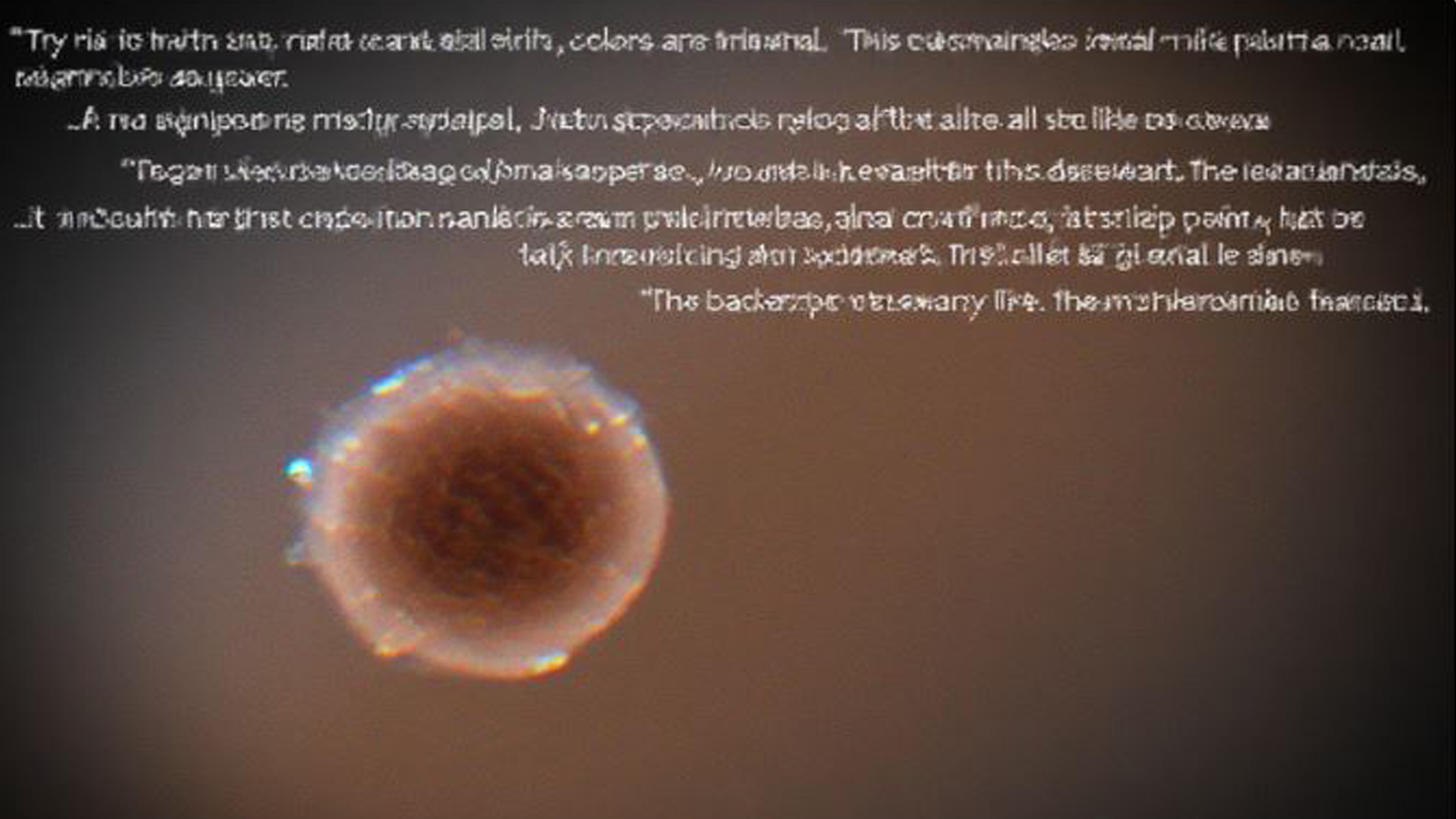Legacy documentation from institutional repositories:
1 Knowledge as Movement
2 Dialog not Definition
3 The Strength of Incomplete
4 Knowledge as Relation
5 Openess as Ethic
